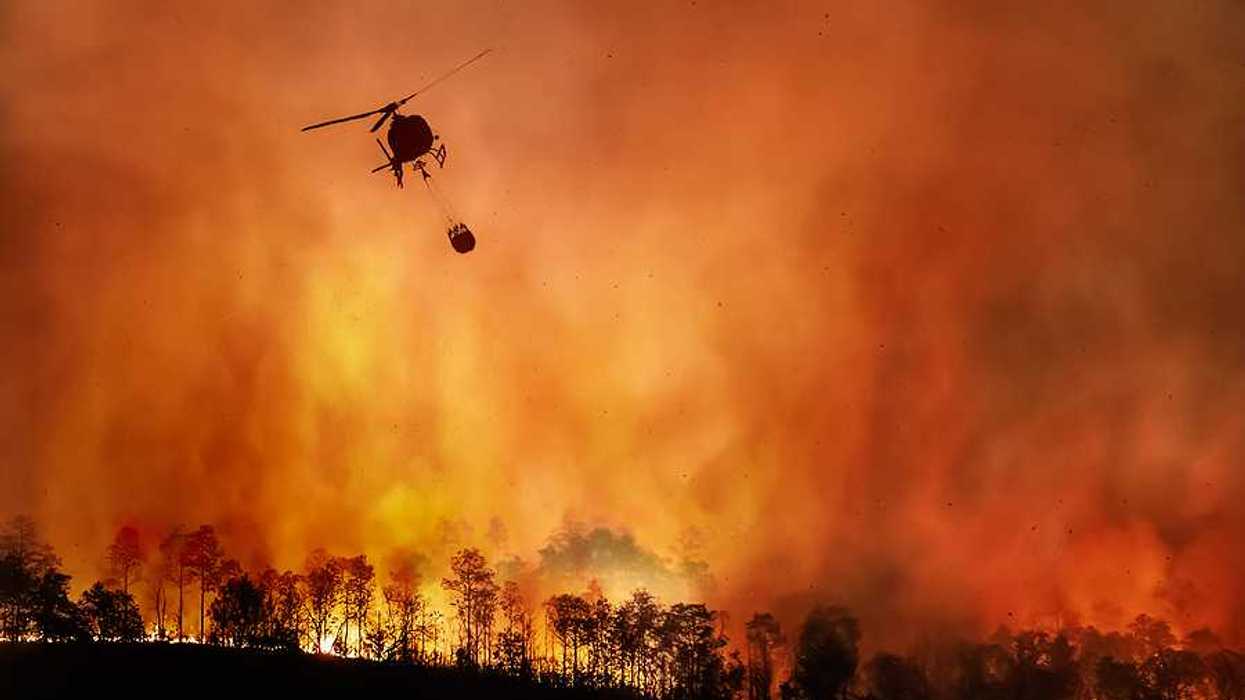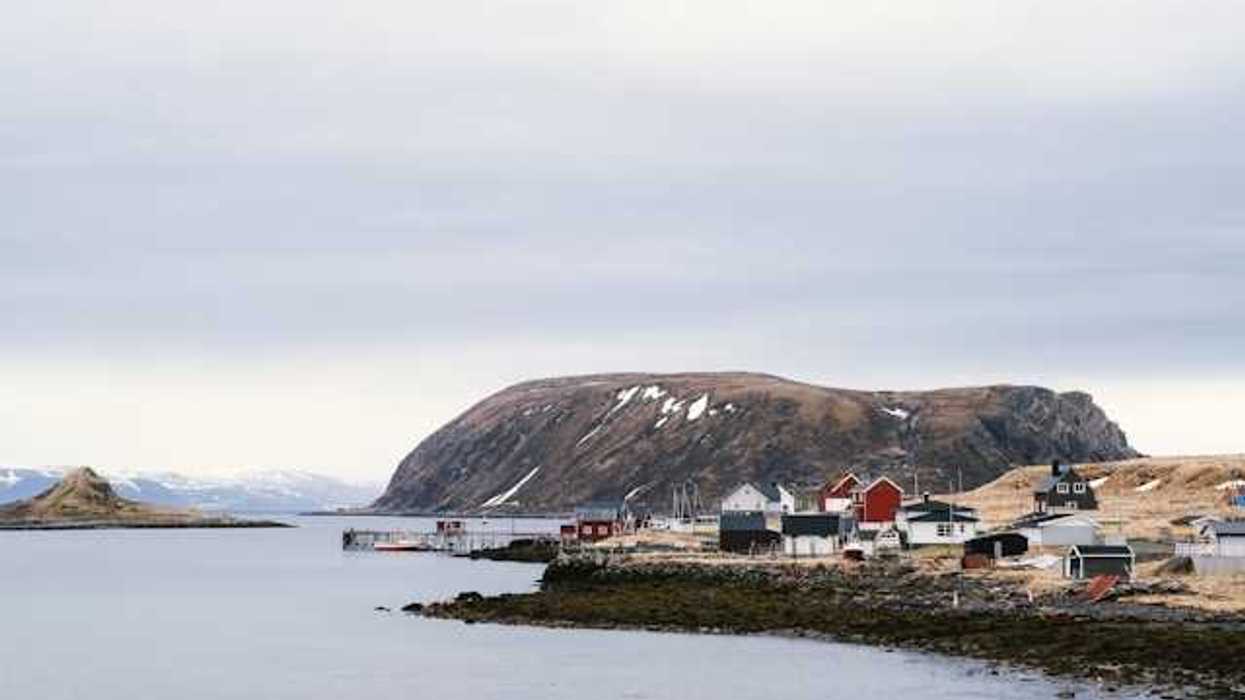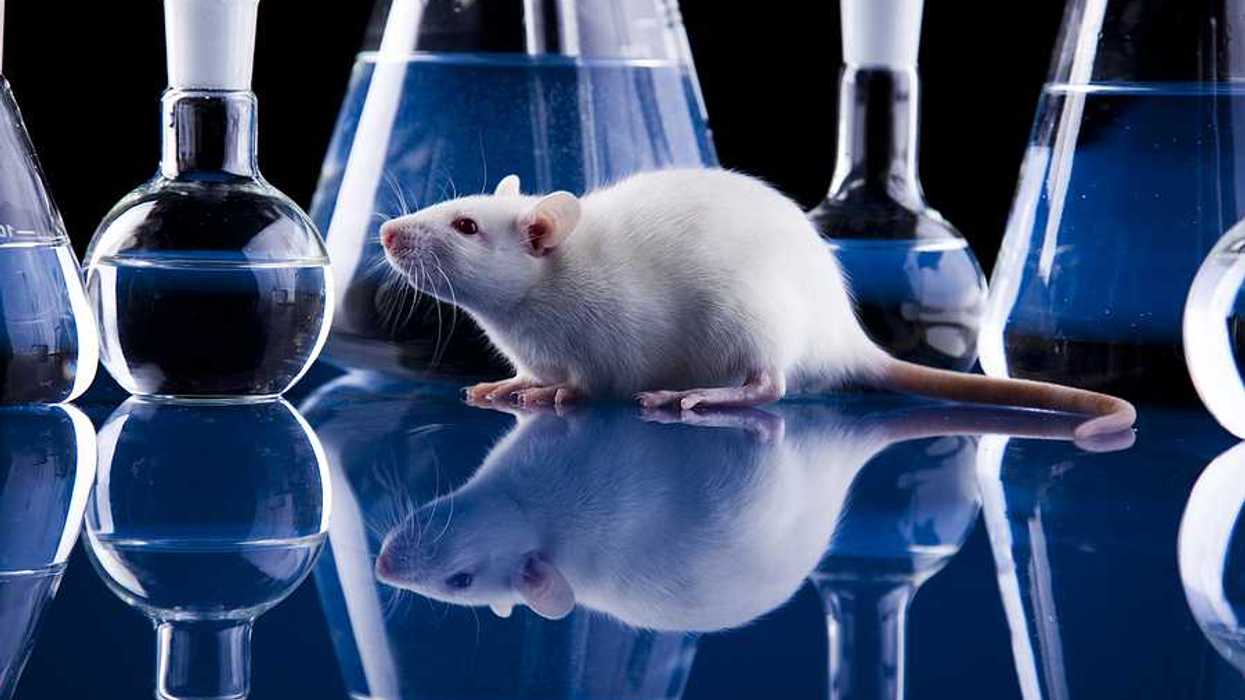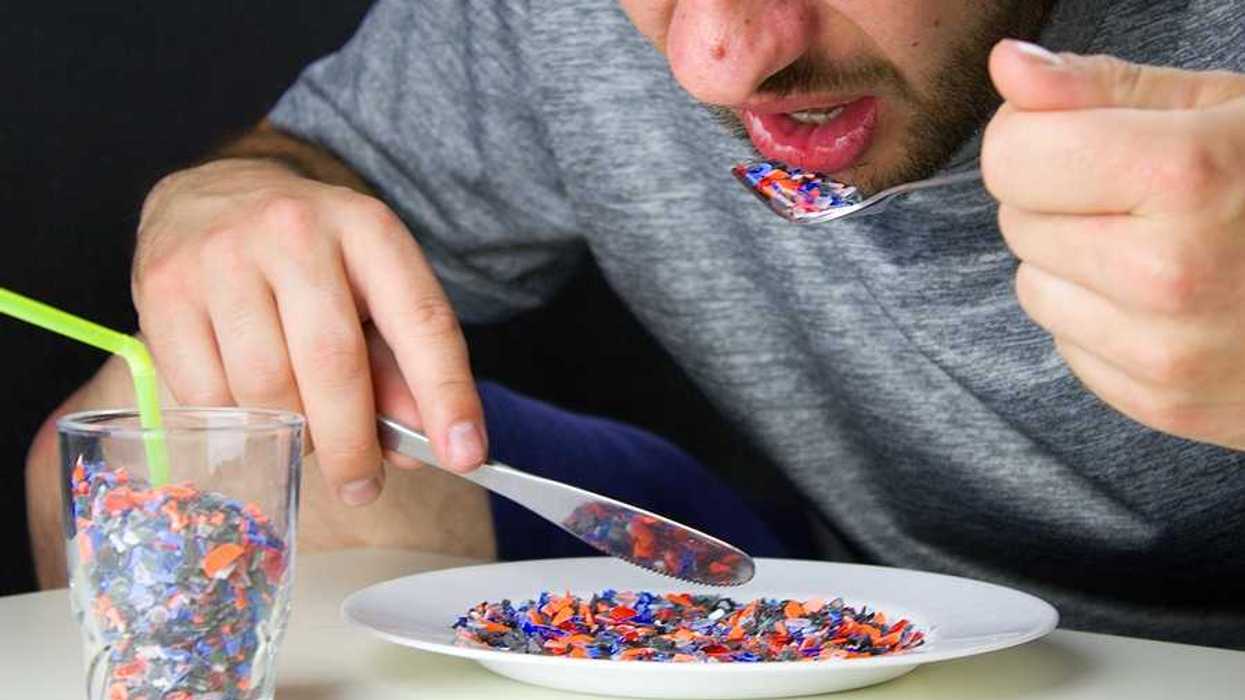Guadeloupe and Martinique have some of the highest prostate cancer rates in the world, a crisis tied to decades of exposure to the toxic pesticide chlordecone, which was widely used on banana plantations despite early warnings of its dangers.
Mathilde Augustin reports for The Guardian.
In short:
- Chlordecone was used on banana plantations in Guadeloupe and Martinique from 1972 to 1993, despite evidence of its toxicity dating back to the 1960s.
- A French court recently ordered compensation for 11 victims, while an estimated 90% of the local population still has traces of chlordecone in their blood.
- The pesticide has contaminated soil and water for generations, forcing residents to change their diets and farming practices.
Key quote:
“It was a deliberate poisoning by the state, with full knowledge of the consequences.”
— Jean-Marie Nomertin, union leader in Guadeloupe
Why this matters:
Chlordecone exposure has left a lasting imprint on the environment and public health in the French Caribbean. The chemical persists in soil and water for centuries, contaminating food sources and disproportionately harming plantation workers and local communities. Prostate cancer rates remain alarmingly high, and many affected residents struggle with health complications, financial burdens, and limited government support.
The contamination of farmland has created economic hardship for small farmers, while fishing bans — enacted to limit chlordecone exposure — have upended traditional livelihoods. Many affected residents feel abandoned by the French government, which has been slow to recognize the full extent of the damage and provide adequate compensation or health support.
Related: Pesticide use linked to increased prostate cancer risk














